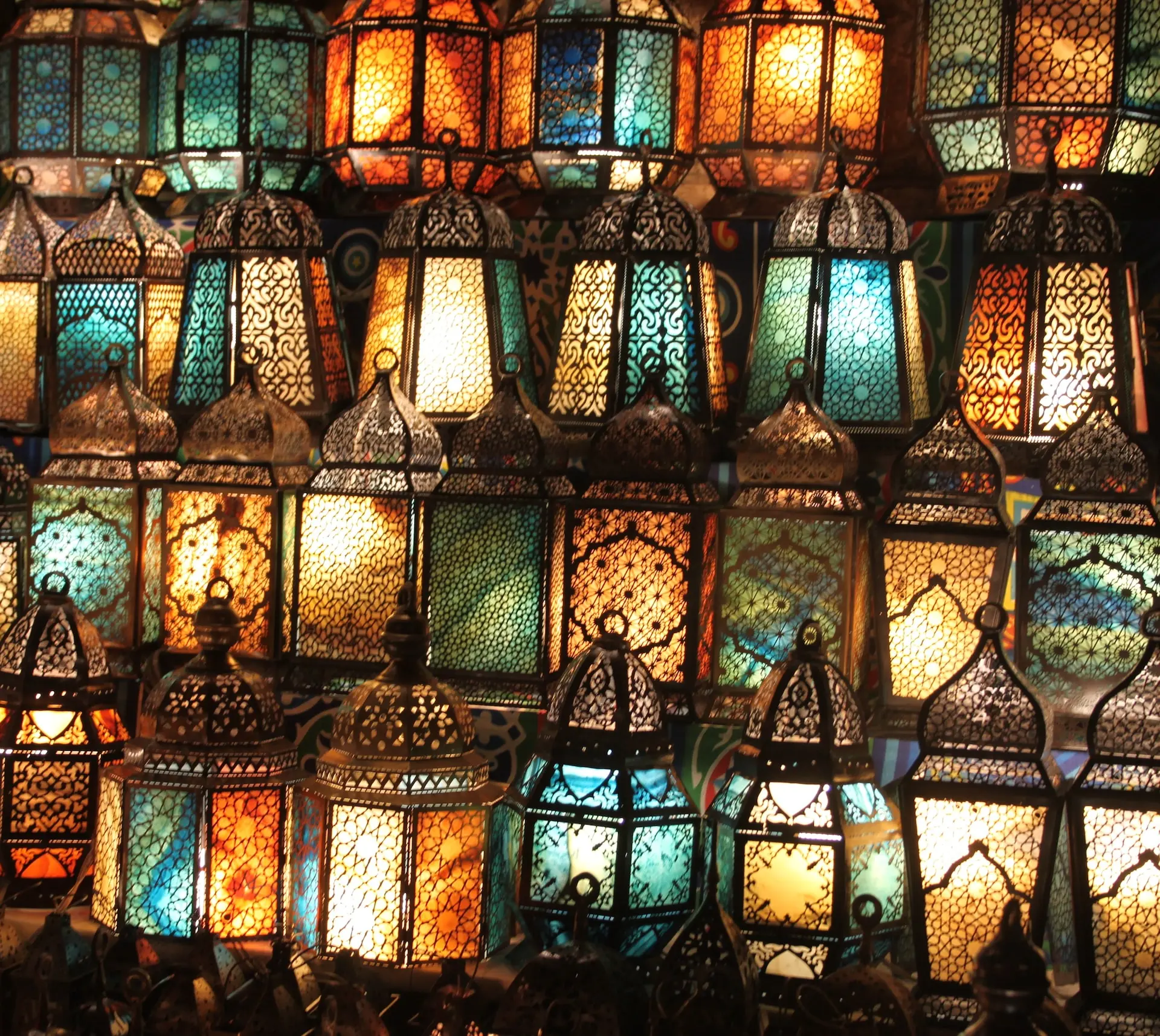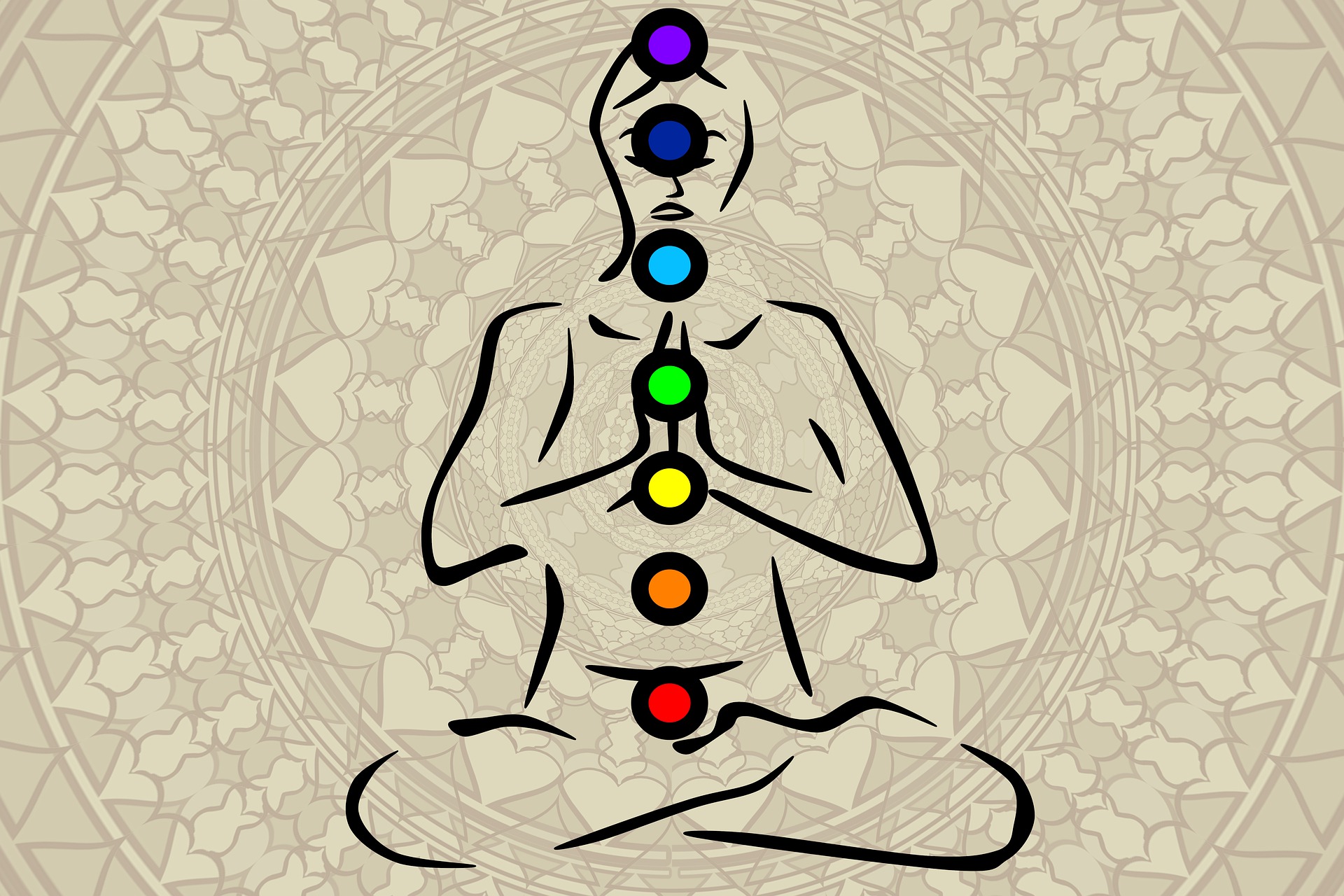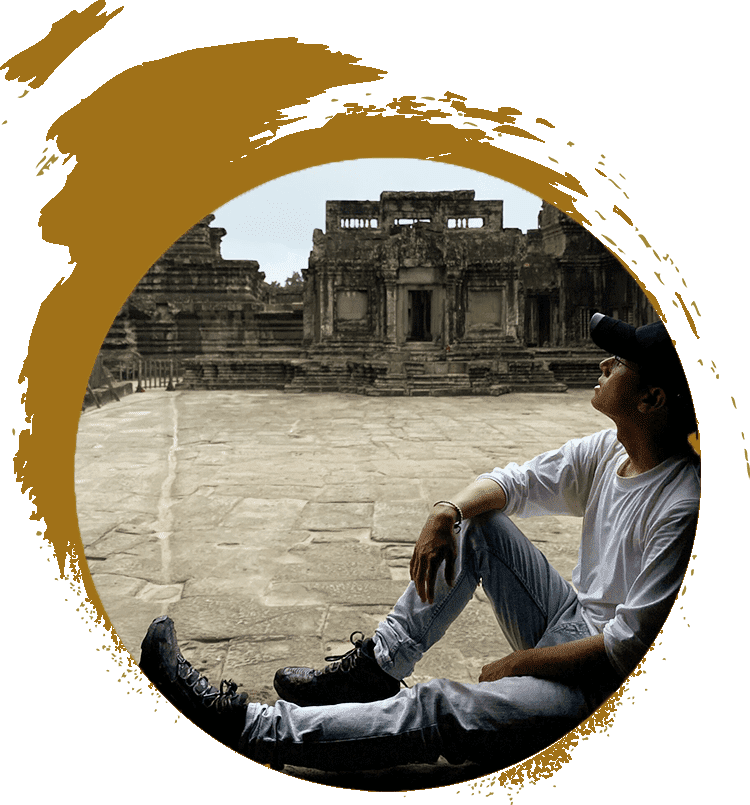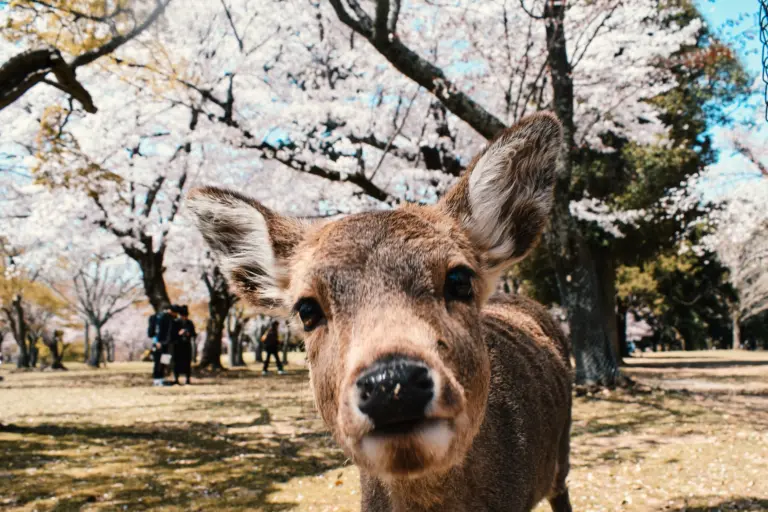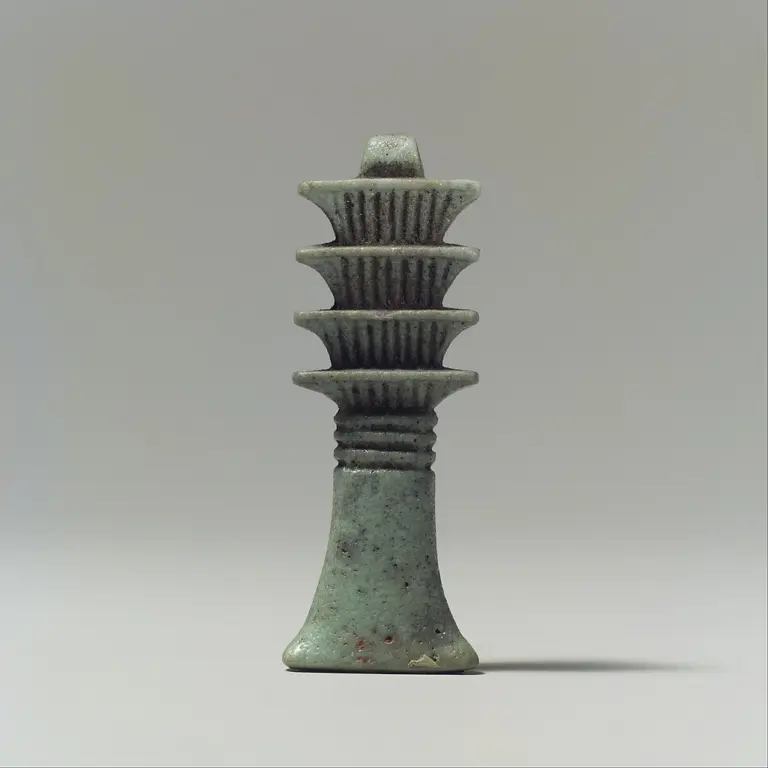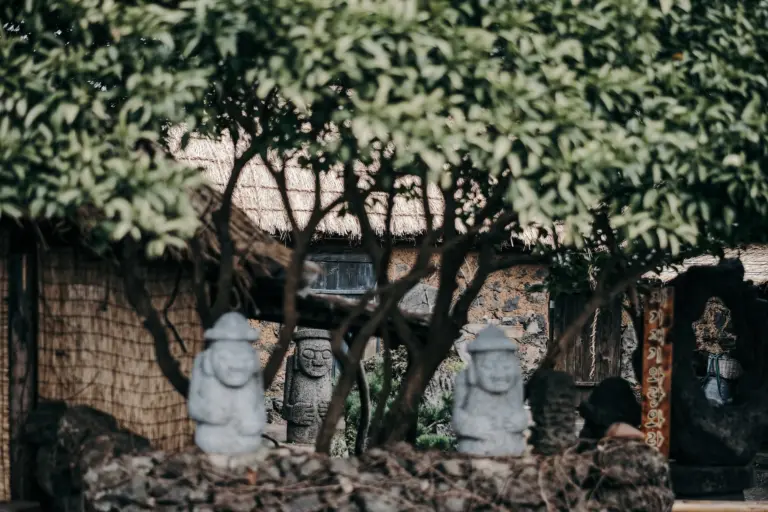Through the annals of our worlds history, we’ve heard of the words “religion” and “mythology”. Two words that always seem to be at a crossroad with each other.
Nowadays, we have so many beliefs systems being practiced all around, whether it’s Buddhism, Taoism, Judaism, or Islam but wasn’t it that way even before?
It is a common perception that ancient religions, over time, transform into what we now refer to as mythologies.
I think this transformation raises intriguing questions about the evolution of our belief systems and the stories we hold dear.
Why is it that the gods and goddesses of Ancient Greece, once revered with utmost devotion, are now characters of legend?
How does a religion, once practiced by millions, transition into tales shared only in history books?
The purpose of this article is to dig into these questions and explore the various factors that contribute to this transition.
Table of Contents
ToggleDefining the Terms
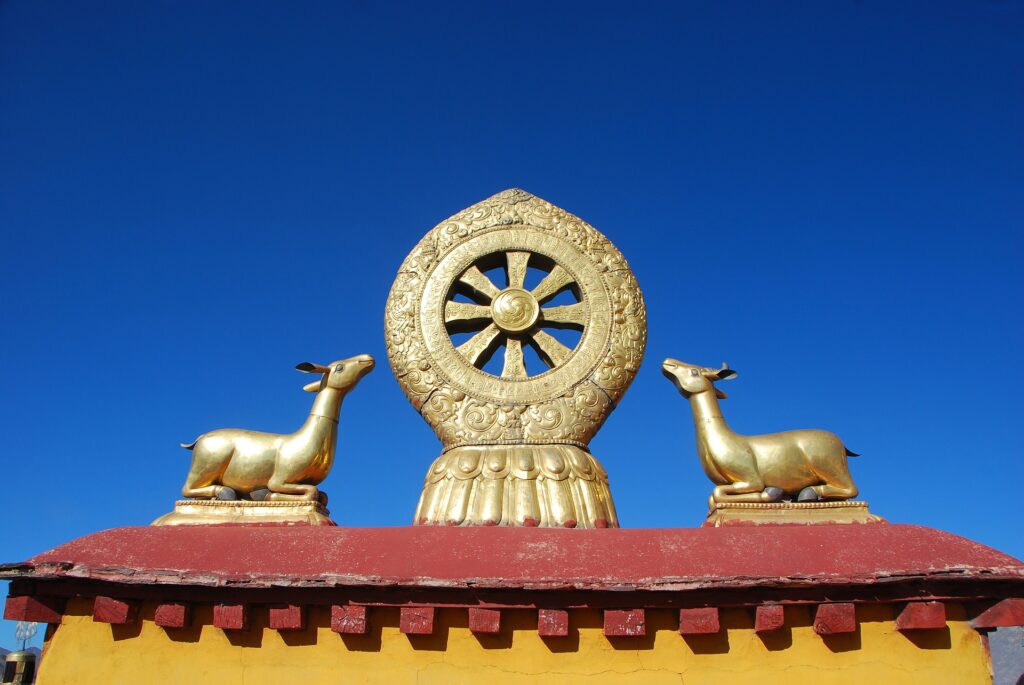
What is Religion?
Religion is a term that encompasses a wide range of beliefs, practices, and social structures.
It is often characterized by a belief in a higher power/s, a set of moral guidelines, rituals and ceremonies, and a sense of community among its followers.
Religions often aim to explain the mysteries of life, provide a sense of purpose, and guide people in their moral and ethical decisions.
Different religions have different beliefs about the nature of the divine, the afterlife, and the moral obligations of their followers.
However, despite these differences, most religions share common elements such as the importance of community and the desire to understand and connect with the divine.

What is Mythology?
Mythology, on the other hand, is a collection of stories that a particular culture considers to be significant.
These myths often involve gods, and other supernatural beings, as well as heroes and ordinary people who embark on fantastic journeys.
Mythologies often serve to explain the origins of the world, the natural phenomena, and the customs and traditions of a society.
They are deeply embedded in the culture and often serve as a source of inspiration for art.
While myths are often associated with ancient cultures, they continue to be created and transformed in modern societies.
When Does Mythology Become Religion?
1. Decrease in Active Practitioners
One of the key factors contributing to the transformation of a religion into mythology is the decrease in the number of its active practitioners.
For example, the ancient Greek religion experienced a significant loss of followers when Christianity became the official religion of the Roman Empire.
2. Assimilation
A religion may be absorbed into another religion or culture, leading to a loss of distinct practices.
Many indigenous religions, for instance, have been assimilated into dominant religions.
Colonial powers, for example Christianity, often actively suppressed the practice of native religions such as that of the Philippines, Peru, and Mexico.
Hence, we are simply left with Incan or Aztec mythology whereas they were definitely religions in their own right back in the day.
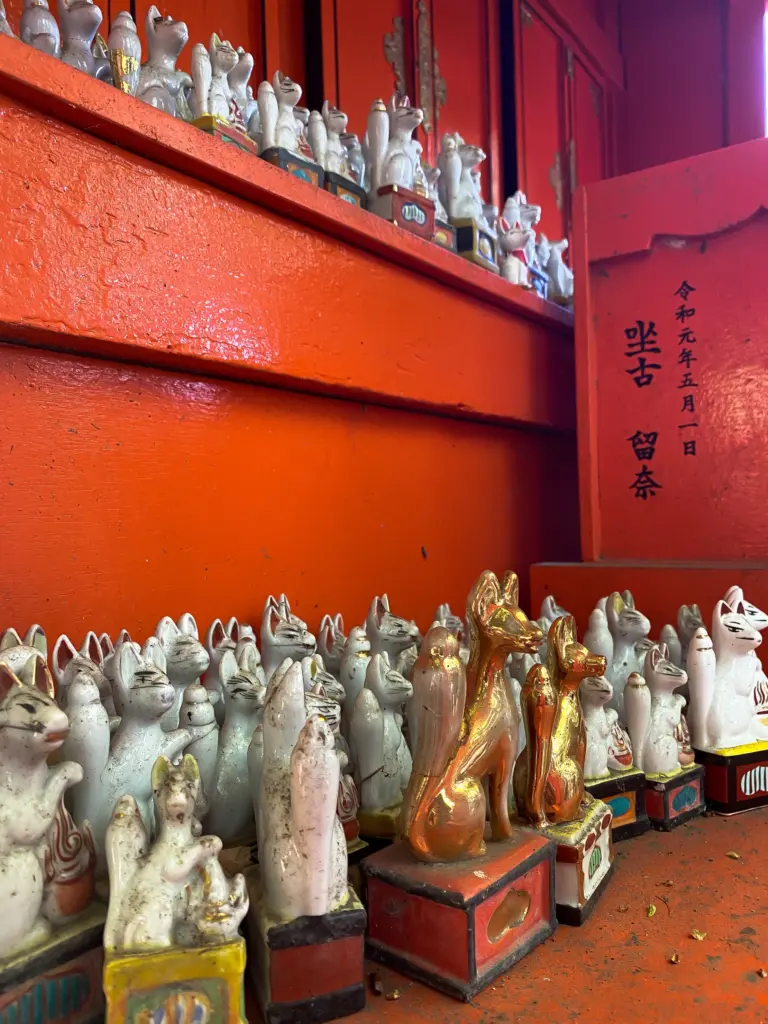
3. Integration into Culture
Cultural integration occurs when the beliefs of a religion become so deeply integrated into a culture that they are no longer recognized as religious practices but rather as cultural traditions.
A great example of this is Shintoism in Japan which is considered more of a cultural way of life nowadays, rather than a religion.
Another instance, many pagan rituals have been integrated into Christian culture as secular traditions, such as Santa Claus, the Christmas tree and Easter eggs.
4. Labeling
Another way that religion becomes mythology is simply because we label it as such.
For example, the ancient Egyptian religion is often referred to as Egyptian mythology because it is no longer actively practiced, and its gods, goddesses, and stories have become part of the world’s cultural heritage.
But I find that labeling ancient religions as mythologies can be problematic. It can be seen as dismissing the beliefs and practices of a religion as mere fables rather than acknowledging them as a valid belief system.
This is especially true because even for those labeled as Norse Mythology, or Greek Mythology, there are still active practitioners all around the world who still subscribe to those belief systems.
Or for indigenous religions that are trying to preserve their traditions in the face of dominant cultures.

Is Religion Ever Really Lost?
The idea that religions hold their essence, even if they aren’t widely practiced anymore, is something I wholeheartedly believe.
Take for instance the cultural influence; ancient religions still have a big hand in shaping our modern world. Greek and Roman mythologies are all over our mainstream culture.
Our modern language is peppered with terms from ancient religions. Just think about the names of the days of the week in English, which come from the names of Norse gods. Thursday is named after Thor!
On a deeper level, the archetypes and symbols of ancient religions continue to influence our collective unconscious and how we interpret the world around us.
So, while a religion may not be widely practiced anymore, its significance can endure and continue to impact the world in subtle and profound ways.
This really challenges the idea that a religion simply becomes a mythology once it is no longer practiced. Its influence and significance can continue in various forms.
And yes, even in the case of what many label as “mythologies,” there are still believers today.
So, is it considered as religion or mythology?
It seems more accurate and respectful to say that a religion remains a religion. It never truly becomes just a mythology, even though some may label it as such.

Case Studies
Here are two really interesting case studies between Ancient Greek Religion and Hinduism. The former faded into the realm of mythology while the latter still thrives to this day as one of the world’s oldest religion:
- Ancient Greek Religion: Ancient Greek religion, practiced in Greece and the surrounding areas from around 8th century BCE, involved a rich pantheon of gods and goddesses, intricate rituals, and vibrant festivals.
- Hinduism: Hinduism, with its roots tracing back to at least 1500 BCE in the Indian subcontinent, is one of the world’s oldest religions that also includes a huge pantheon of deities, rituals and festivals yet continues to be practiced by over a billion people today.
Both Ancient Greek religion and Hinduism have had a profound influence on the cultures and societies from which they originated, yet, despite the similarities in their ancient origins, the two belief systems have experienced markedly different trajectories in the modern world.
For Ancient Greek religion, the advent of Christianity, combined with the Roman conquest, led to a significant decline in the number of active practitioners, resulting in its transformation into what is now commonly referred to as Greek mythology.
This transition entailed not only a loss of active followers but also a shift in how the belief system was perceived and categorized by both scholars and the general public.
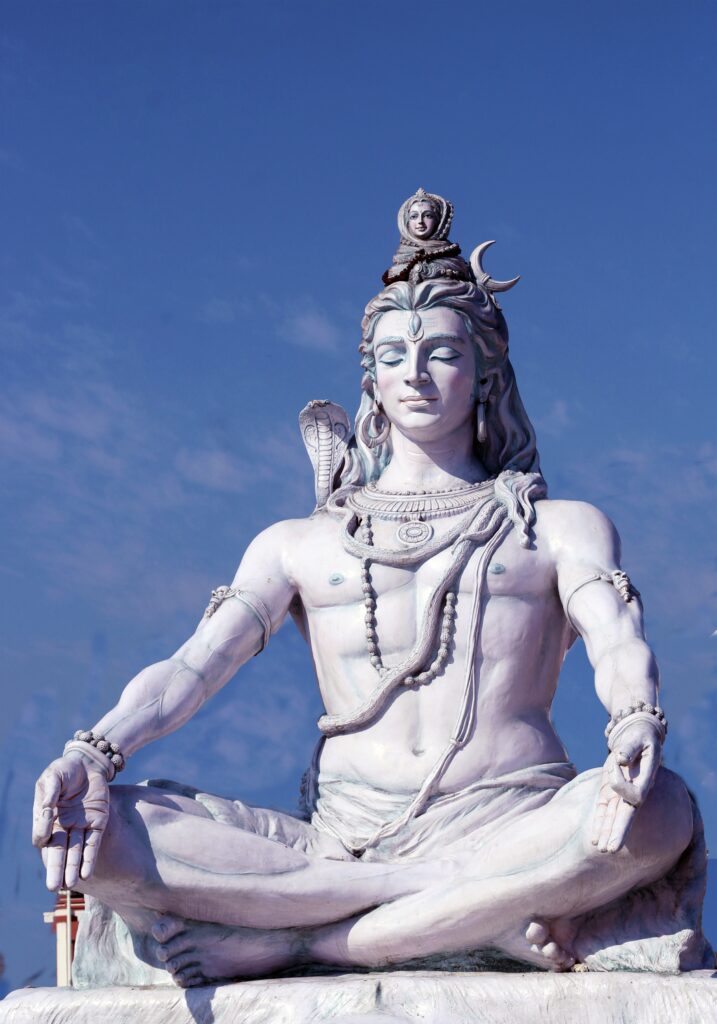
In contrast, Hinduism has managed to adapt and evolve over thousands of years, maintaining its relevance and significance in the lives of its practitioners even beyond India.
Despite facing numerous challenges, including invasions, colonization, and the rise of other religions, Hinduism has not only survived but thrived.
So why was it one is now considered as mere mythology and one is still religion just because the number of practitioners didn’t dwindle? Just because it survived through hundreds of years?
This comparison is just a means to show the importance of recognizing the enduring impact of religious traditions, regardless of their current status as a “religion” or “mythology”.
It challenges the simplistic notion that a religion simply becomes mythology once it is no longer practiced.
Instead, we can realize that there are so many ways in which belief systems influence and are influenced by the societies in which they are embedded in.

